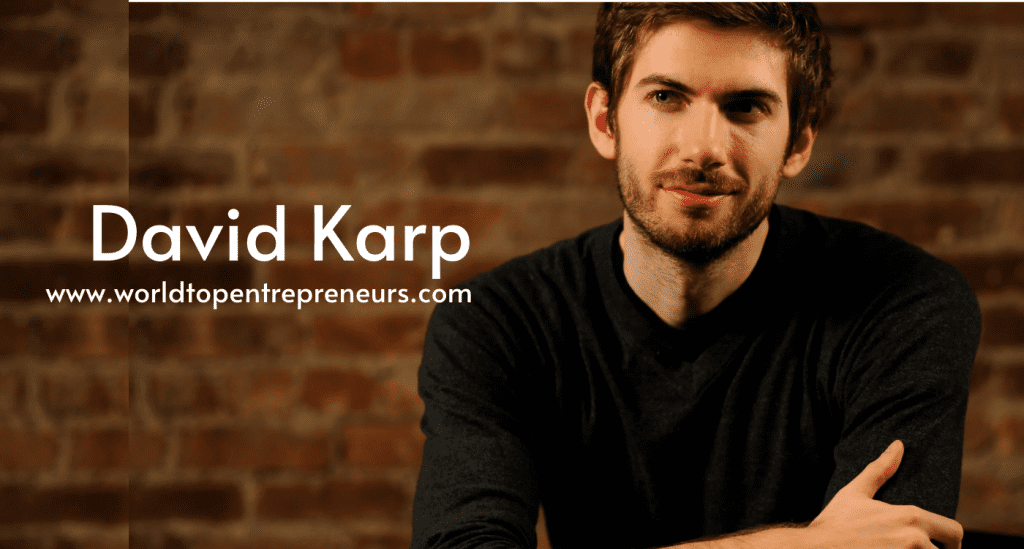Steve Chen is a name synonymous with the digital revolution. As one of the co-founders of YouTube, Chen’s contributions have left an indelible mark on the way we consume and share information. From his early days as a software engineer to becoming a prominent figure in tech entrepreneurship, Chen’s journey is a testament to innovation, resilience, and vision. In this article, we’ll delve into Chen’s life, his pivotal role in shaping YouTube, and his ongoing impact on technology and society.
Early Life and Education
Born in Taipei, Taiwan, on August 18, 1978, Steve Chen’s early life was a blend of cultural richness and academic curiosity. At the age of 15, Chen moved to the United States with his family, settling in the bustling city of Chicago, Illinois. His immigrant experience was marked by a strong work ethic and an emphasis on education, traits that would later define his professional journey.
Chen attended the University of Illinois at Urbana-Champaign, where he earned a degree in Computer Science. His time at university was marked by a keen interest in technology and programming, laying the groundwork for his future ventures. It was here that Chen honed his skills and developed a deep understanding of software engineering, which would become crucial in his later achievements.
The Genesis of YouTube
Before YouTube became a household name, the platform’s journey began with a simple idea. In 2005, Steve Chen, along with his friends Chad Hurley and Jawed Karim, was working at PayPal, where they were involved in developing payment solutions. However, they were soon to pivot from financial transactions to something far more transformative.
The inception of YouTube was driven by a problem that Chen and his co-founders experienced firsthand: sharing videos online was cumbersome and inefficient. There was no easy way to upload and share videos, especially ones that were longer than a few seconds. This limitation sparked the idea of creating a user-friendly platform where people could easily upload, share, and view videos.
In February 2005, the trio officially launched YouTube, with Chen and Hurley focusing on the technical and operational aspects, while Karim contributed his insights on the platform’s functionality. The initial version of YouTube was a simple site, but its potential was clear. It allowed users to upload and share videos with ease, a novel concept at the time.
The Meteoric Rise of YouTube
The launch of YouTube was met with immediate success. Within months, the platform gained traction as users began to explore its potential. The simplicity of the interface, combined with the ability to upload and share videos without technical hassles, made YouTube an attractive option for users worldwide. By July 2006, the platform had grown exponentially, with millions of videos being uploaded and watched daily.
One of the key factors behind YouTube’s rapid growth was its accessibility. Unlike other video-sharing platforms that required users to have specific software or technical knowledge, YouTube was designed to be intuitive and user-friendly. This approach democratized video content creation and consumption, allowing anyone with an internet connection to participate.
Another factor that contributed to YouTube’s success was its ability to attract and retain a diverse user base. From amateur filmmakers to professional content creators, YouTube offered a space for various types of content, fostering a vibrant and engaged community. This diversity not only enriched the platform’s content but also helped it build a loyal user base.
In November 2006, just over a year after its launch, YouTube was acquired by Google for $1.65 billion in stock. This acquisition was a significant milestone for the platform and its founders. It provided YouTube with the resources and infrastructure needed to scale further and solidify its position as the leading video-sharing platform on the internet.
Chen’s Role in YouTube’s Growth
Steve Chen’s contributions to YouTube were instrumental in shaping the platform’s early success. As a co-founder and Chief Technology Officer (CTO), Chen was responsible for overseeing the technical development of the platform. His expertise in software engineering played a crucial role in building a robust and scalable infrastructure capable of handling the increasing volume of user-generated content.
Chen’s role extended beyond technical development. He was also involved in strategic decision-making, helping to steer YouTube’s growth and navigate the challenges of scaling a rapidly growing platform. His ability to anticipate and address technical issues ensured that YouTube remained reliable and user-friendly, even as its user base expanded.
One of Chen’s notable contributions was his focus on user experience. He understood that a seamless and enjoyable user experience was key to YouTube’s success. This led to the development of features that enhanced the platform’s usability, such as easy video uploading, simple search functionality, and an intuitive interface. These features not only attracted users but also encouraged them to spend more time on the platform, driving engagement and growth.
Post-YouTube Ventures and Impact
After the acquisition of YouTube by Google, Steve Chen continued to play a role in the company, working on various projects and initiatives. However, in 2008, Chen decided to step down from his role at YouTube and pursue new ventures. His departure marked the end of a significant chapter in his career, but it also opened the door for new opportunities.
In 2009, Chen co-founded a new startup called AVOS Systems, which focused on developing innovative products and services. One of AVOS Systems’ notable projects was a video discovery platform called Mix, which aimed to curate and recommend videos based on users’ interests. Although Mix did not achieve the same level of success as YouTube, it demonstrated Chen’s continued commitment to advancing technology and enhancing user experiences.
Chen’s entrepreneurial spirit did not stop with AVOS Systems. In 2013, he co-founded a new venture called Nom, a social network focused on food and dining experiences. Nom allowed users to share and discover culinary experiences, further showcasing Chen’s ability to identify and address emerging trends in technology and social media.
Legacy and Influence
Steve Chen’s impact on technology and society extends far beyond his work with YouTube. As a pioneer in the field of video sharing and online content, Chen has influenced the way we interact with media and has played a key role in shaping the digital landscape. His contributions have paved the way for countless content creators and entrepreneurs, demonstrating the power of innovation and creativity in driving change.
Chen’s legacy is also reflected in the way YouTube has transformed the media industry. The platform has become a powerful tool for communication, entertainment, and education, enabling people from all walks of life to share their voices and connect with others. YouTube’s influence on popular culture and its role in democratizing content creation are testaments to the vision and ingenuity of its founders.
Moreover, Chen’s story serves as an inspiration to aspiring entrepreneurs and technologists. His journey from a software engineer to a leading figure in the tech industry highlights the potential of hard work, perseverance, and a willingness to embrace new ideas. Chen’s ability to identify and address gaps in the market has made him a role model for those looking to make a difference in the world of technology.
Reflections on Innovation and Entrepreneurship
Steve Chen’s career is a case study in the power of innovation and entrepreneurship. His ability to recognize and seize opportunities, combined with his technical expertise and strategic vision, has led to the creation of one of the most influential platforms in modern history. Chen’s achievements underscore the importance of fostering a culture of innovation and embracing new technologies.
One of the key lessons from Chen’s journey is the value of resilience and adaptability. The path to success is rarely straightforward, and entrepreneurs often face setbacks and challenges along the way. Chen’s ability to navigate these obstacles and continue pushing the boundaries of technology has been a driving force behind his success.
Another important takeaway is the significance of user-centric design. Chen’s focus on creating a user-friendly and accessible platform was a crucial factor in YouTube’s success. By prioritizing the needs and preferences of users, Chen was able to build a platform that resonated with a wide audience and set a new standard for online content sharing.
Looking Ahead: The Future of Technology and Innovation
As we look to the future, the legacy of Steve Chen and his contributions to technology will continue to influence the way we interact with digital media. The principles of innovation, user experience, and adaptability that guided Chen’s work at YouTube remain relevant in today’s rapidly evolving technological landscape.
Emerging technologies such as artificial intelligence, virtual reality, and blockchain are poised to shape the future of digital media and content creation. As these technologies continue to develop, they will open up new possibilities for entrepreneurs and technologists to explore. Steve Chen’s story serves as a reminder of the potential for innovation to drive positive change and transform industries.
In conclusion, Steve Chen’s impact on the world of technology and media is profound and far-reaching. As a co-founder of YouTube, Chen played a pivotal role in creating a platform that has revolutionized the way we consume and share content. His contributions have not only shaped the digital landscape but have also inspired a new generation of entrepreneurs and innovators. As we continue to navigate the ever-changing world of technology, Chen’s legacy serves as a beacon of creativity, resilience, and vision.





















